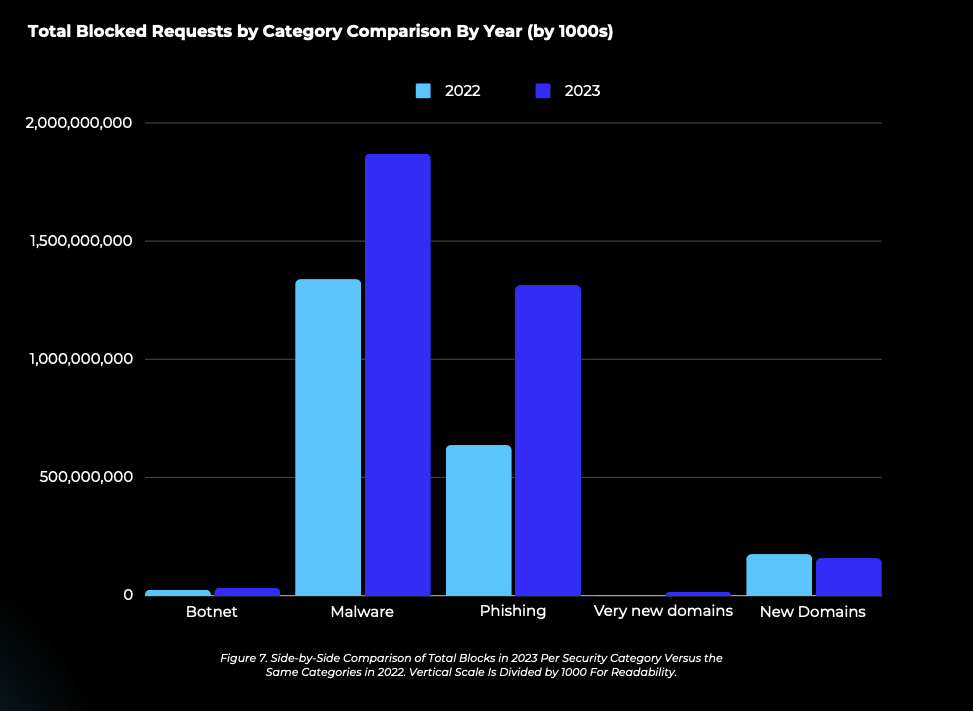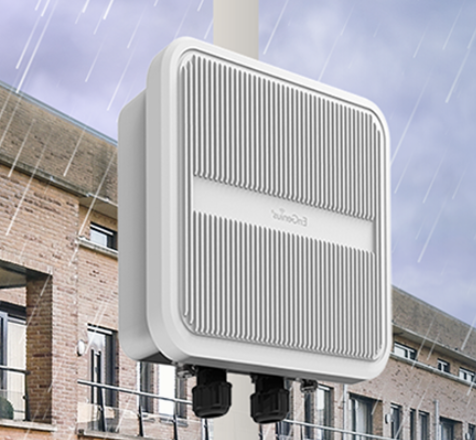
By Claus Hetting, Wi-Fi NOW CEO & Chairman
As guest and public Wi-Fi services grow in speed, quality, and popularity – in part driven by poor 5G indoor coverage – the issue of Wi-Fi security once again looms large. DNSFilter says four out of five security breaches involve DNS, and that both malware and phishing is sharply on the rise. The company offers an elegant solution to block out the majority of malicious actors on public Wi-Fi networks.
Poor indoor 5G coverage is making life less than convenient for shoppers, hotel guests, restaurant guests and many others – and as a result, public and guest Wi-Fi is becoming increasingly important and relevant. At the same time access to most public Wi-Fi networks takes place via captive portals, which means users and their devices are in principle unprotected. While on public Wi-Fi networks, users are exposing themselves to substantial security risks, says DNSFilter.

“In today’s connected world, avoiding public and guest Wi-Fi networks is often not an option, mostly because 5G network building penetration is relatively poor, which means indoor coverage is lacking. Public Wi-Fi is a convenient solution but can be an easy target for malicious actors. As a result, providing Wi-Fi with security protection is important, and protective DNS is an easy, fast, and reliable way to solve most of the problems,” says Greg Delaney, Senior Product Marketing Manager at DNSFilter.
DNSFilter says the average Internet user is likely to encounter 5 malicious DNS queries a day, equivalent to a whopping 1,825 incidents per year. This means spending a couple of hours in a coffee shop or at the mall using your phone or laptop on public Wi-Fi could make you an easy target. The company says four out of five security breaches involve DNS, which means protective DNS services can remove the majority of threats.
“Many establishments encourage in-store use of their apps and loyalty programs, especially in retail and grocery stores, who offer app-based incentives like coupons or rewards. In coffee shops – for example – offering Wi-Fi is a way to attract customers and make sure they stay longer and spend more. Shoppers also love Wi-Fi for in-store price comparisons. Public Wi-Fi stands as a valuable amenity and protective DNS turns DNS into a security defence, helping to protect the brand and customers,” says Greg Delaney.
In 2022 DNSFilter conducted a study of content accessibility on public Wi-Fi at a selection of US airports. The results showed that a staggering 84% of a set of 1249 test domains that included websites on drugs, adult content, weapons, malware, phishing, and more were readily accessible (read more here). Meanwhile the number of threats has increased substantially from 2022 to 2023 (see below).

Protective DNS – also know as DNS filtering – is relevant for any type of public or guest Wi-Fi venue, including hotels, events, student accommodation, and malls, and that the service is designed to be very fast to install. In one case the company rolled out DNS protection to 5,000 retail stores across the US in just 30 days. Protecting Wi-Fi users from malicious attacks also means protecting the venue’s brand and reputation, DNSFilter says.
The company says its platform is “the world’s fastest protective DNS with global scale”. DNSFilter processes more than 90 billion queries a day of which about 9 million are identified as threats and blocked. The company’s research and security intelligence teams continuously improve protection, recently releasing machine-learning based malicious domain protection, which is “instrumental in stopping threats 10 days faster than they’re known to third-party threat feeds,” Greg Delaney says.
Don’t miss the webinar ‘DNSFilter’s Role in Secure Public Wi-Fi’ available here. To meet DNSFilter in person, join the us for three days of all things Wi-Fi at Wi-Fi World Congress USA in Sarasota, Florida, April 22-24 – read more here.
/Claus.









